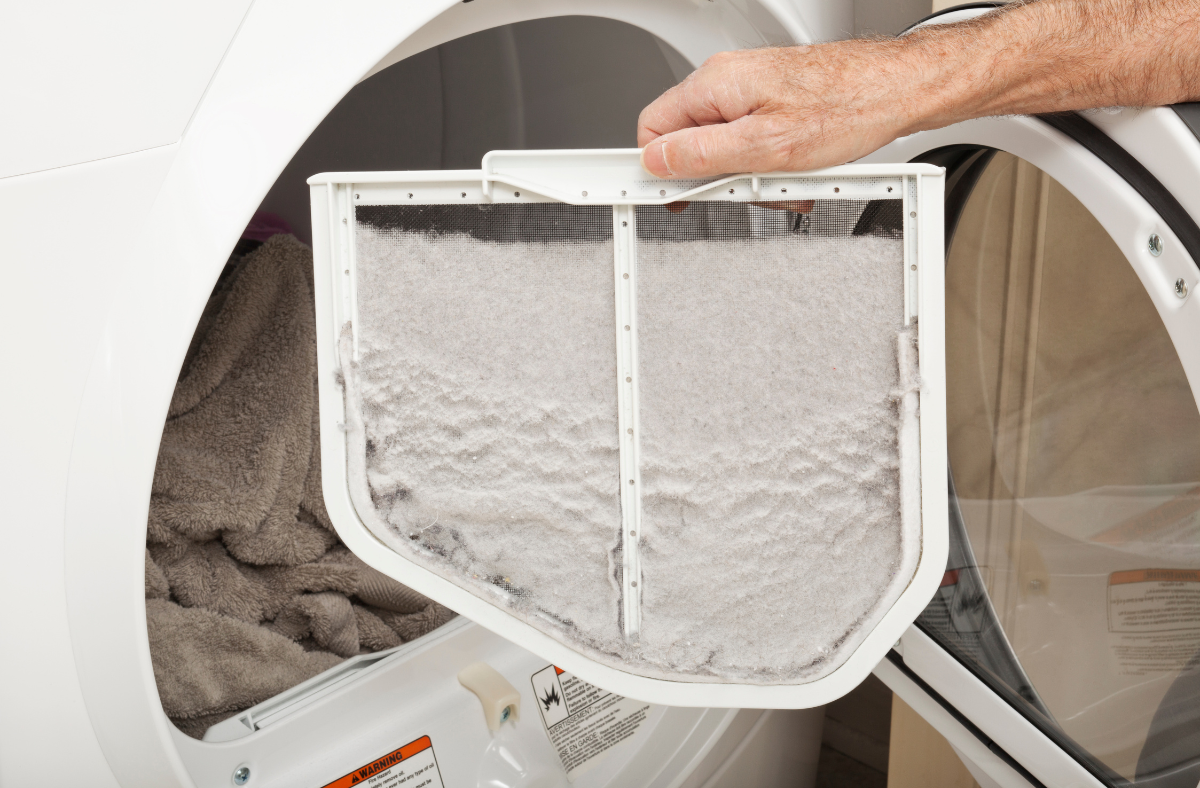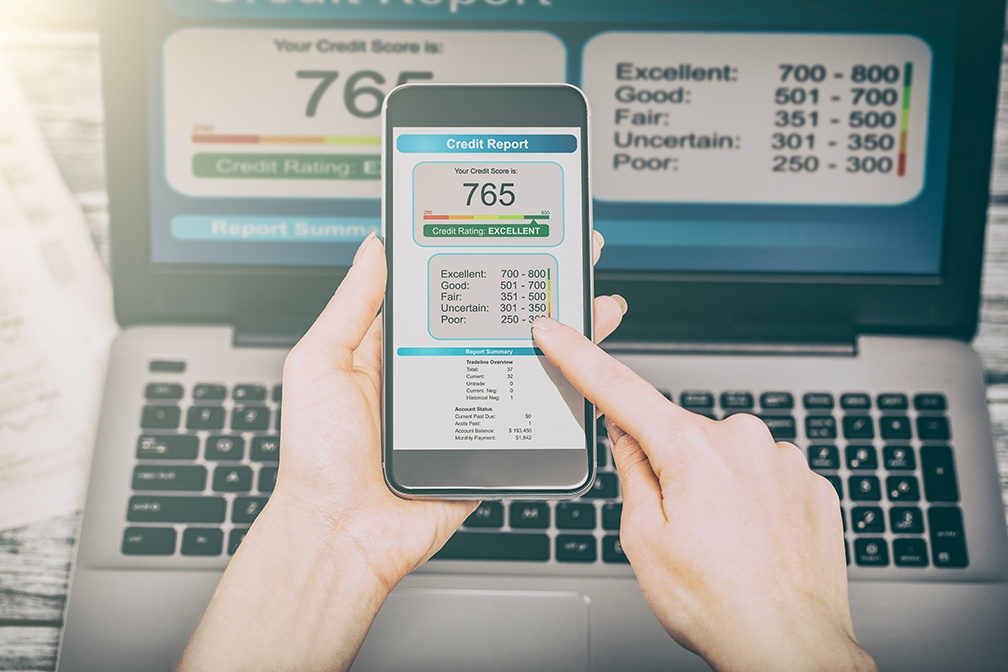 If you own a home, you understand just how important it is to take care of it. Even though a lot of people think that if it isn’t broken you should not fix it, that doesn’t mean you should not take care of it. Take a look at a few of the top home maintenance mistakes you need to avoid, and do not let your home fall into a state of disrepair.
If you own a home, you understand just how important it is to take care of it. Even though a lot of people think that if it isn’t broken you should not fix it, that doesn’t mean you should not take care of it. Take a look at a few of the top home maintenance mistakes you need to avoid, and do not let your home fall into a state of disrepair.
Allowing The Dyer Lint To Build Up
Do not allow the dryer lint to build up. Allowing the dryer lint to build up can dramatically increase your chances of dealing with a house fire. Therefore, make sure you remove the dryer lint from the dryer after every load. Furthermore, make sure you clean the ductwork of your dryer annually. If you do not know how to do so, reach out to a professional who can do it for you.
Forgetting To Clean The Gutters
You might not be able to see the gutters from the ground level, but debris can build up in them from time to time. If you do not clean your gutters, they can get clogged. Then, water will have a difficult time draining, which means it will sit on your roof. This could increase your chances of dealing with a roof leak. Make sure you clean your gutters every few months. You may even want to install a device that can prevent leaves and branches from infiltrating your gutters.
Not Handling Winter Maintenance
No matter where you live, you must be on top of your winter maintenance. Make sure that your attic is properly insulated, and check your windows for any signs of leaks. You should drain your garden hoses as well, and don’t forget to make sure that your interior pipes are insulated. All of this is important because it can help you save money on your utility bills while also reducing your chances of dealing with a leak.
Invest In Routine Maintenance
These are a few of the most common mistakes that homeowners make. Your home is an investment, and you need to take care of it. Make a list of all the maintenance tasks you should perform, and stay on top of your maintenance schedule.
 If you’re considering applying for a reverse mortgage, you’ll want to ensure you understand certain critical factors. One such factor is the principal limit. The principal limit will have a strong influence on your finances, which is why you’ll need to ensure you know – before applying for your reverse mortgage – what your principal limit is.
If you’re considering applying for a reverse mortgage, you’ll want to ensure you understand certain critical factors. One such factor is the principal limit. The principal limit will have a strong influence on your finances, which is why you’ll need to ensure you know – before applying for your reverse mortgage – what your principal limit is. The vast majority of people have to take out a home loan to purchase a house. This means applying for a mortgage. Unfortunately, shopping for a mortgage can actually hurt your credit score. Any potential lender will probably have to do a hard pull on your credit. This could temporarily reduce your credit score by a few points. Those few points could make the difference between qualifying for a mortgage and getting denied one. Fortunately, there are ways for you to shop for a mortgage without hurting your credit.
The vast majority of people have to take out a home loan to purchase a house. This means applying for a mortgage. Unfortunately, shopping for a mortgage can actually hurt your credit score. Any potential lender will probably have to do a hard pull on your credit. This could temporarily reduce your credit score by a few points. Those few points could make the difference between qualifying for a mortgage and getting denied one. Fortunately, there are ways for you to shop for a mortgage without hurting your credit.